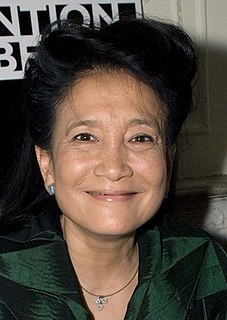 W
WRed Guards was a mass student-led paramilitary social movement mobilized and guided by Chairman Mao Zedong in 1966 through 1967, during the first phase of the Chinese Cultural Revolution, which he had instituted. According to a Red Guard leader, the movement's aims were as follows:Chairman Mao has defined our future as an armed revolutionary youth organization.... So if Chairman Mao is our Red-Commander-in-Chief and we are his Red Guards, who can stop us? First we will make China Maoist from inside out and then we will help the working people of other countries make the world red...and then the whole universe.
 W
WBo Xilai is a former Chinese politician who was convicted on bribery and embezzlement charges. He came to prominence through his tenures as Mayor of Dalian and then the governor of Liaoning. From 2004 to November 2007, he served as Minister of Commerce. Between 2007 and 2012, he served as a member of the Politburo and Communist Party Secretary of Chongqing, a major interior municipality.
 W
WJung Chang is a Chinese-born British writer now living in London, best known for her family autobiography Wild Swans, selling over 10 million copies worldwide but banned in the People's Republic of China.
 W
WAnchee Min or Min Anqi is a Chinese-American author who lives in San Francisco and Shanghai. Min has published two memoirs, Red Azalea and The Cooked Seed: A Memoir, and six historical novels. Her fiction emphasizes strong female characters, such as Jiang Qing, the wife of chairman Mao Zedong, and Empress Dowager Cixi, the last ruling empress of China.
 W
WMorning Sun is a 2003 documentary film by Carma Hinton about the Cultural Revolution in China.
 W
WSong Binbin, also known as Song Yaowu, was a senior leader in the Chinese Red Guards during the Cultural Revolution. She is known for beating her deputy principal Bian Zhongyun to death with wooden sticks, along with other students.
 W
WWei Jingsheng is a Chinese human rights activist who is known for his involvement in the Chinese democracy movement. He is most prominent for having authored the essay "The Fifth Modernization", which was posted on the Democracy Wall in Beijing in 1978. Due to the manifesto, Wei was arrested and convicted of "counter-revolutionary" activities, and was detained as a political prisoner from 1979–93. Released briefly in 1993, Wei continued with his dissident activities by speaking to visiting journalists, and was imprisoned again from 1994–97, spending a total of 18 years in different prisons. He was deported to the United States on 16 November 1997, on medical parole. Still a Chinese citizen, in 1998 Wei established the Wei Jingsheng Foundation in New York City whose stated aim is to work to improve human rights and democratization in China.